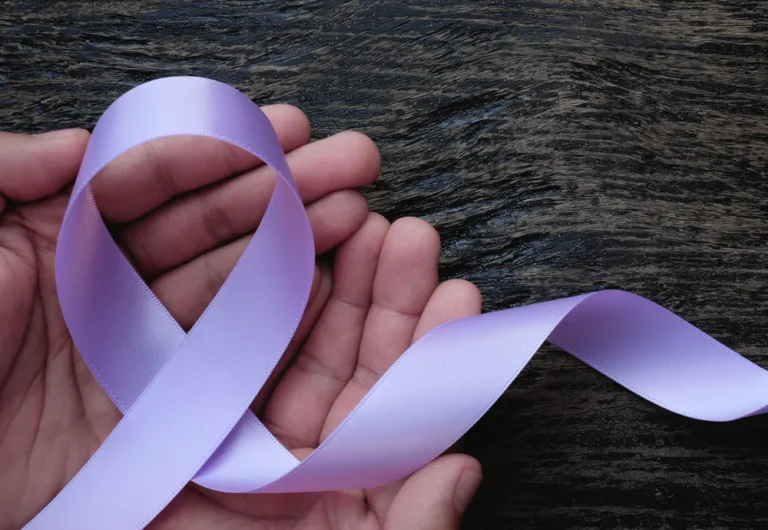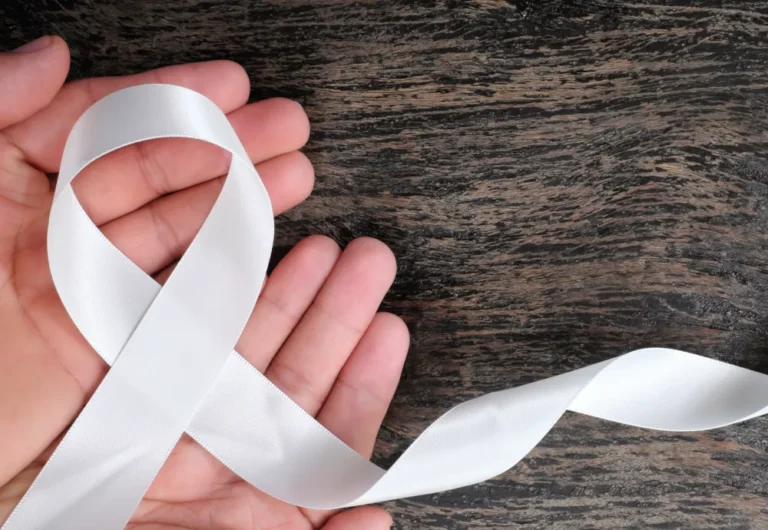Earlier this month the New York Times ran an article titled “Cancer’s Random Assault.”
It described the results of a study published in Science Magazine that proposes the majority of cancer can be chalked up to random bad luck.
The authors of the study; Dr. Christian Tomasetti, a mathematician, and Dr. Bert Vogelstein of John Hopkins School of Medicine; reported that approximately ⅔ of the cancers they studied were due to random genetic mutations and only about ⅓ were due to hereditary or environmental causes. In other words, ⅔ of the cancers studied were due to bad luck and the rest was due to things we can control or prevent.
My initial reaction was a defensive one. Surely these scientists were not proposing that cancer was due to having been dealt a poor hand at life’s game of cards. However, upon reading the article I understood the quest they had proposed. They were merely asking the question, “How much is due to chance? Is it just some bad statistical lottery?” The results were provocative and surprising.
Many people want to know what they can do to prevent cancer. Many who have cancer are filled with the guilt that they have possibly contributed to their disease. The more we know and understand the forces and circumstances to cancer development the better position we are in to prevent or cure the disease.
We have known for some time now that cancer is driven by cell mutations. Basically, when healthy cells divide, errors occur. Sometimes errors can lead to uncontrolled cell growth and ultimately cancer. Statistically speaking, the more cells that divide and copy, the more likely a cell will make an error that leads to cancer. For example, people who are repeatedly exposed to cigarette smoke have increased lung cell injury. This leads to increased cell division to repair the damage. Over time, the increased cell division increases the likelihood a mutation will occur that may lead to a lung cancer.
But not all tissues are as cancer prone as others. The large intestine is more prone than the small intestine. The lungs and skin are more prone to cancer than say, the spleen. Why is that? Why do some people get cancer and others do not?
Their research more clearly defines just how much cancer development is due to environmental and hereditary factors. The rest is due to presumably random complex genetic functions. This highlights the need for more research in areas such as genetic profiles and stem cell growth, repair and patterns. It is this direction that holds the future of cancer cure and prevention.
It important not to take away the message that “Gee, getting cancer is just bad luck!” We have the ability to improve our chances; our luck if you will. Between ⅓ to ½ of all cancers can be prevented by lifestyle modification. That’s a lot!
If I can improve my odds of not getting cancer as much as 30 to 50% by behaviors I choose; maintaining a healthy diet and weight, not smoking, and wearing sunscreen; and the actions I take; regularly undergoing cancer screening for breast, colon and skin cancer; I will take those odds.








